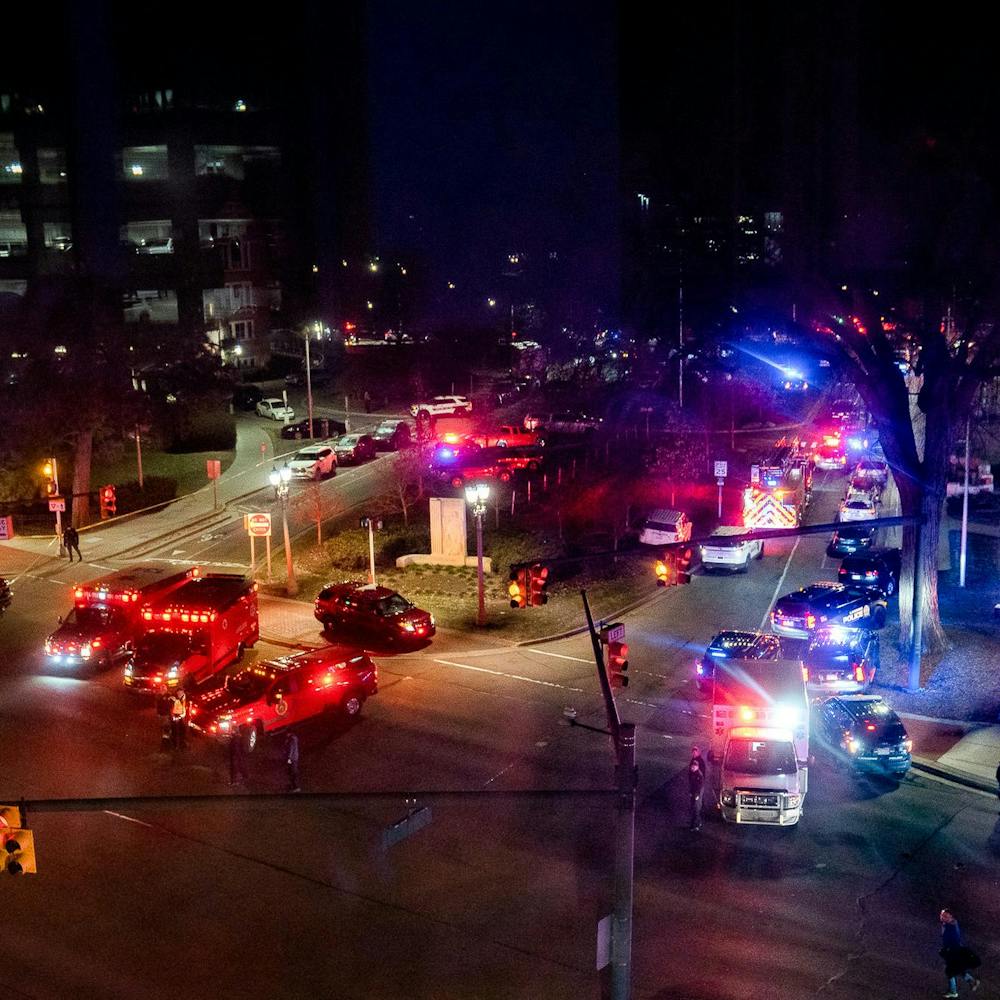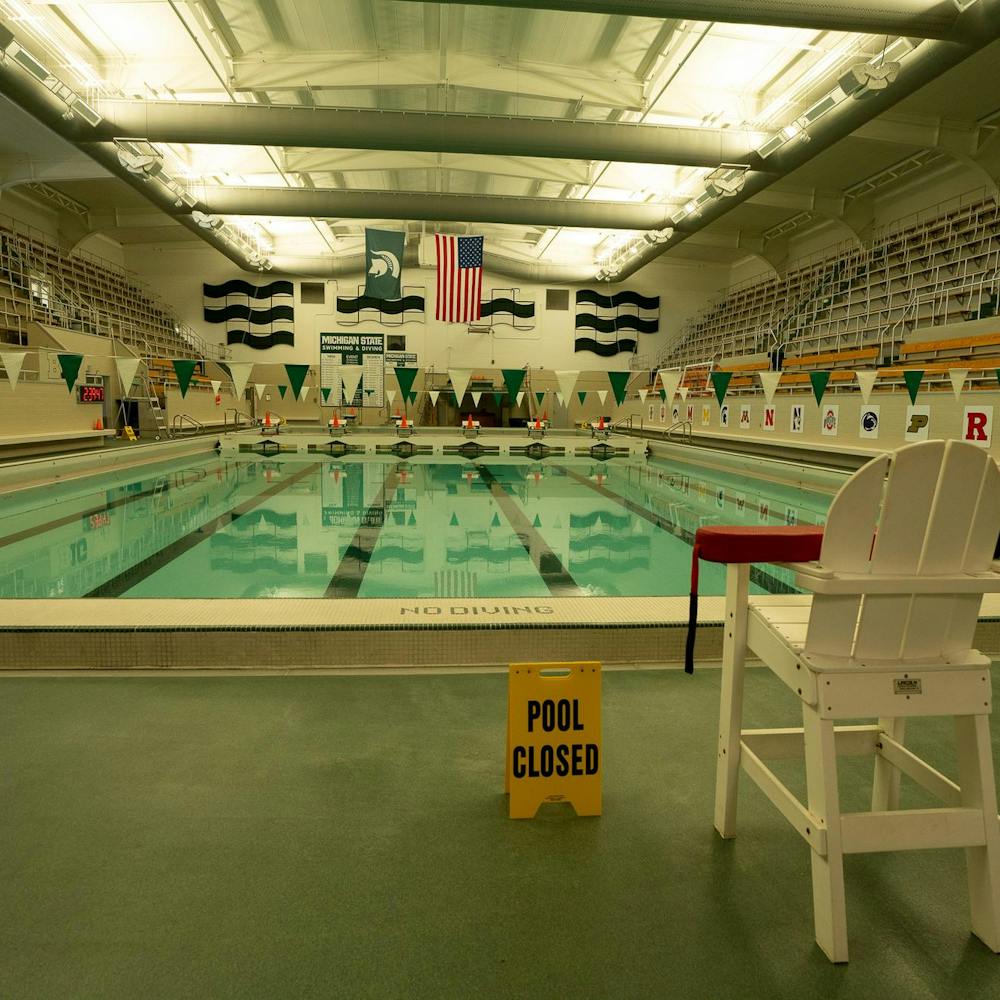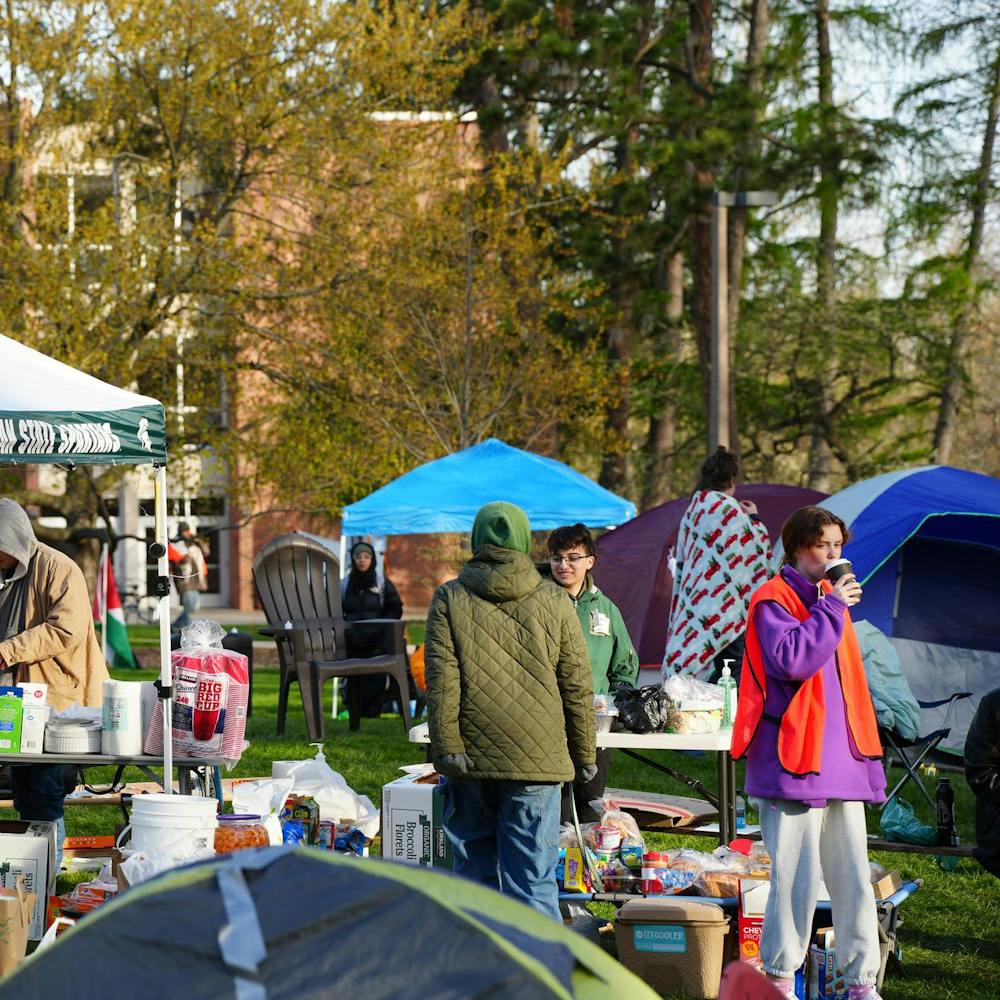A majority of students and faculty in the Chicano/Latino Studies program have formed a group they say has a different mission than the original program director, whose job performance recently has come into question.
About 50 students and faculty have started The Real Chicano/Latino Studies, or RCLS, a group whose members oppose the future of the Chicano/Latino Studies program as outlined by its director, Sheila Contreras.
Contreras did not comment Monday when reached by phone.
RCLS is “an ideological function of how we believe the program should operate,” said Ernesto Mireles, an American studies doctoral student.
The new group includes eight of the 10 Chicano/Latino Studies faculty members, eight of the 10 graduate students and about 30 of 45 undergraduates enrolled in the specialization, RCLS members said.
College of Social Science Dean Marietta Baba is expected to assemble a task force by Friday that would review Contreras’ job performance.
As part of RCLS, the students and faculty are revitalizing a mentorship program they said has been all but dormant since January.
The Chicano/Latino Fellows Program, which connects undergraduate students with graduate students who serve as mentors, was restarted Sunday after about four months of little activity.
Several students and faculty said Monday that the program became relatively inactive at the start of the year, when Contreras didn’t hire a new program coordinator.
“The mentorship program was built with the idea of becoming the tree of life for our program,” said Javier Pescador, a history professor and Chicano/Latino Studies program faculty member. “For us, it’s extremely important to have this network.”
The mentorship program has served about 200 students in the past five years and connected graduates with other alumni.
“Two hundred people might not seem like a lot, but when you juxtapose that with the number of Latinos here (at MSU), that’s a pretty substantial number,”
Mireles said.
Several RCLS members also said letters traditionally mailed in February informing incoming Latino students about the mentorship program never were sent, a signal of Contreras’ lack of commitment to the program, they said.
The RCLS members said they fear the Chicano/Latino Studies program could lose enrollment if the mentorship program isn’t continued.
“What’s really important is that the Chicano/Latino people become part of the mainstream,” said Theresa Meléndez, a Chicano/Latino Studies faculty member and former program director.
Support student media!
Please consider donating to The State News and help fund the future of journalism.
Discussion
Share and discuss “Members of Chicano/Latino program create new group” on social media.






